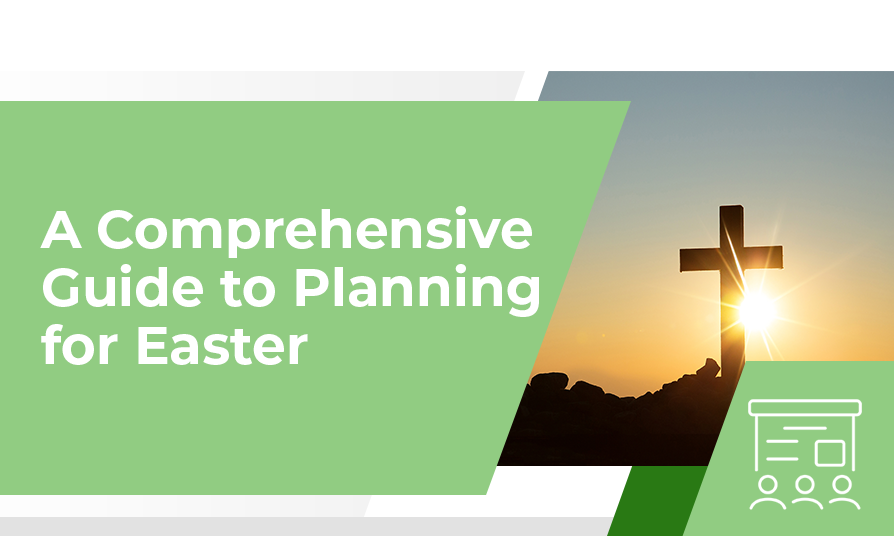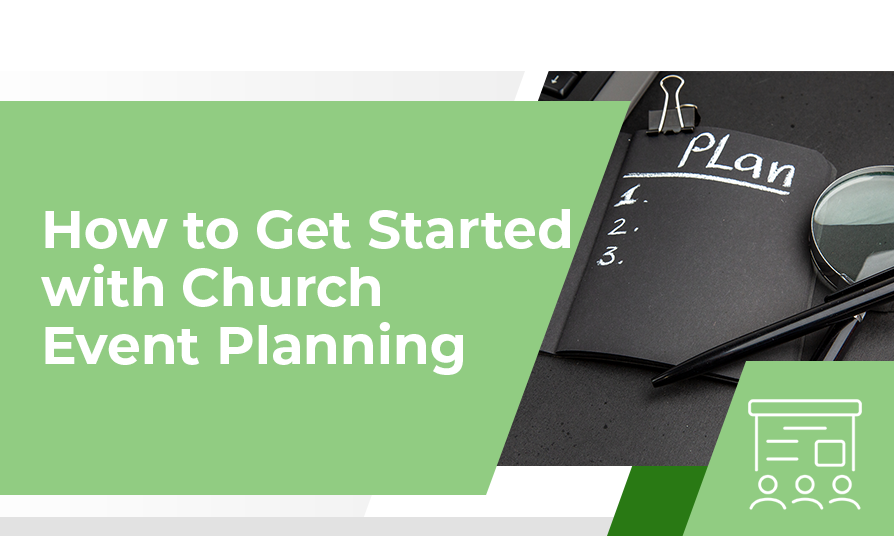4 Tips for Fall Event Planning Success
As crisp fall air prepares us for the colder winter months, fall events get us ready for the Christmas season. To prevent last-minute chaos and stress, it’s time to start thinking about how to get ready for your fall schedules. Fall event planning doesn’t have to be overwhelming. Here are four simple tips to help …



